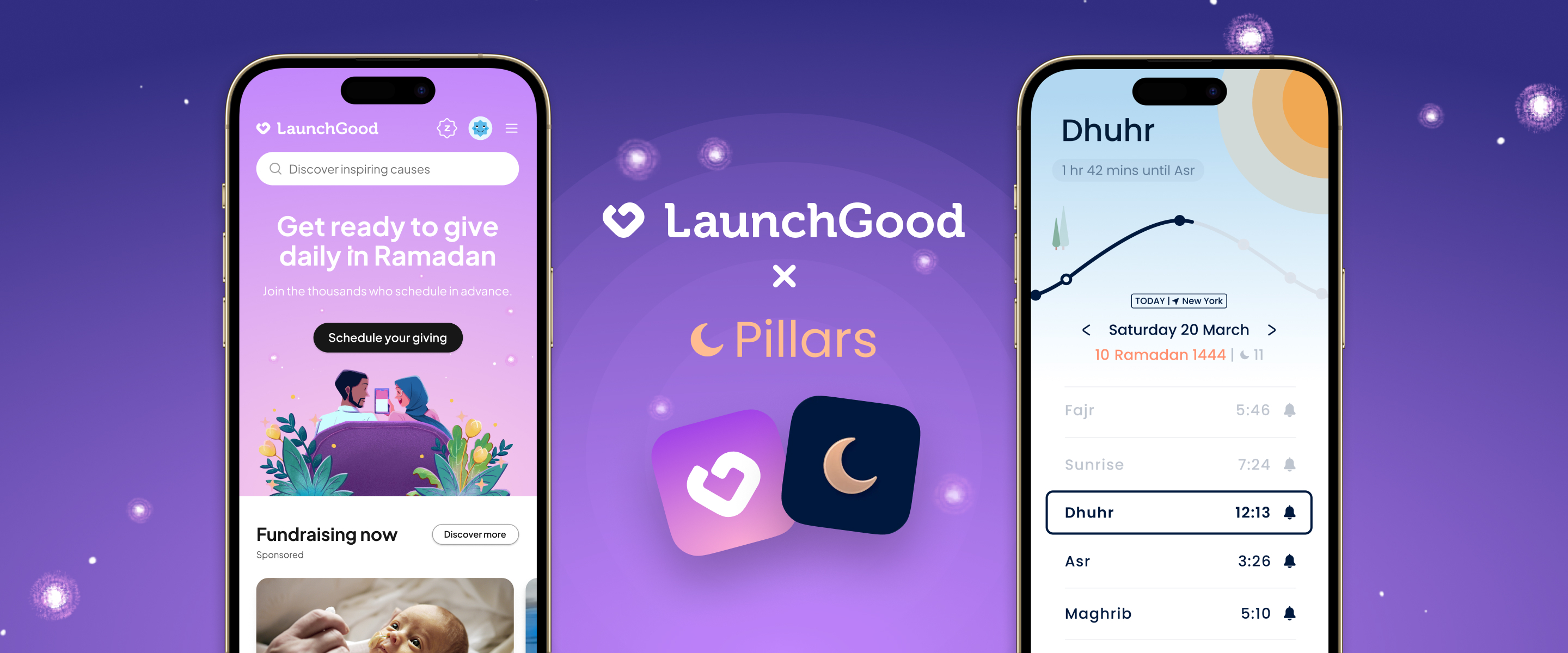Article Reference: IslamiCity
The month of Ramadan stands as a pillar of devotion and communal observance. It is during this sacred time that Muslims around the world engage in the practice of fasting, as advised Qur'an. Fasting extends far beyond from absence of food and drink; it represents a profound commitment to self-restraint, discipline, and heightened spiritual awareness.
IslamiCity presents a comprehensive guide addressing the top FAQs about Ramadan. Join us as we are getting closer to a journey to deepen our deen and understanding of Ramadan and its profound impact on Muslims.
What is Sawm (Fasting)?
The Qur'an enjoins Muslims to fast as a means of demonstrating commitment to God in the face of temptation and difficulty. Sawm, fasting for a period ranging from dawn to sunset, teaches Muslims self-restraint, patience, endurance, and obedience to God. Moreover, it puts into perspective the plight of those unable to obtain regular nourishing meals. When fasting, Muslims often discover a calm, inner peace which helps them become even closer to God.
In physical terms, fasting means not eating any foods, drinking any beverages (including water), or engaging in marital sexual relations from dawn to sunset. On the spiritual and moral level, it means struggling to develop self-restraint, God-consciousness and piety. Muslim strive in this month to curb all detrimental desires and negative or uncharitable thoughts, and to nurture love, patience, unselfishness and social consciousness.
يَا أَيُّهَا الَّذِينَ آمَنُواْ كُتِبَ عَلَيْكُمُ الصِّيَامُ كَمَا كُتِبَ عَلَى الَّذِينَ مِن قَبْلِكُمْ لَعَلَّكُمْ تَتَّقُونَ
(Quran 2:183) -
"O you who believe! Fasting is prescribed for you, as it was prescribed for those before you, that you may become righteous"
Why is Ramadan called Ramadan?
Ramadan is the ninth month of the Islamic lunar calendar, and lasts either 29 or 30 days, depending on when the new crescent moon is, or should be, visible. The Arabic term Ramadan means intense heat. It seems that in pre-Islamic Arabia, Ramadan was the name of a scorching hot summer month. In the Islamic calendar, however, the timing of Ramadan varies from year to year. An Islamic year is roughly 11 days shorter than a Gregorian year.
What is the significance of Ramadan?
Ramadan is a period of fasting and spiritual growth, and is one of the five "pillars of Islam." The others are the declaration of faith, daily prayer, alms-giving, and the pilgrimage to Mecca. Able-bodied Muslims are expected to abstain from eating and drinking from dawn to sunset each day of the month.
Many practising Muslims also perform additional prayers, especially at night, and attempt to recite the entire Qur'an. The prevailing belief among Muslims is that it was in the final 10 nights of Ramadan that the Qur'an was first revealed to the Prophet Muhammad.
Can Ramadan be in winter?
As the timing of Ramadan is based on the lunar calendar, Ramadan falls 11 days earlier annually and over 33 years, passes through all 4 seasons; with consequential shorter fasts in winter and longer fasts in the summer months 3.
What does Ramadan teach us?
The month of Ramadan teaches us to be more pious, and disciplined, and how to maintain self-control, while shielding our souls from greed and immorality. But, most importantly, the month teaches us how we can improve our connection with the Almighty. The month of Ramadan also instils a sense of empathy within us.
Keep up with LaunchGood for more Ramadan-related insightful topics!
Topics you might be interested in:
Discover tailored partnerships and friendly collaborations with LaunchGood
How to get organized for this Ramadan
Maximizing Your Campaign's Impact: Understanding the Referral Program for Scheduled Giving
Ramadan Fundraising: Motivation, Social Media Strategies, and Leveraging Zakat
Content creator




